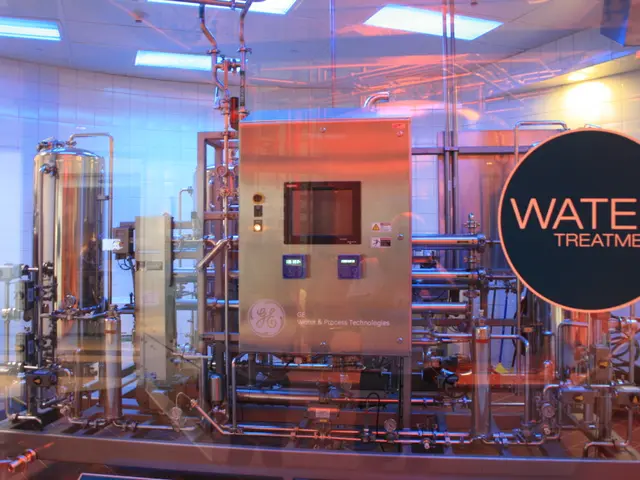Jaguar Land Rover Cyber-Attack Highlights Urgent Need for Automotive Cybersecurity
A major cybersecurity attack on Jaguar Land Rover (JLR) has highlighted the urgent need for enhanced automotive cybersecurity. The incident, which occurred at the end of August, led to prolonged factory shutdowns and significant disruption to the global automotive supply chain. Meanwhile, 49% of drivers express concern about vehicle hacking, according to research by Cubic3.
The future of automotive cybersecurity lies in predictive, AI-driven analytics and digital twins to anticipate threats. Dave Kelly, Chief Corporate Officer at Cubic3, warns that a zero-day exploit could leave fleets stranded and risk customer service, safety, and brand reputation. OEMs must integrate cybersecurity into the software development lifecycle, recognizing connectivity as a threat vector that broadens the attack surface.
Companies like Sasken and VicOne offer end-to-end cybersecurity solutions, while ETAS and IAV provide relevant security technologies. The Software Bill of Materials (SBOM) is set to become standard practice, ensuring visibility into every supply chain component. Global standards such as ISO 26262, GDPR, and CCPA must be hardwired into automakers' operations to meet compliance standards and safeguard sensitive customer service data. Giving drivers control over data collection and usage is crucial for maintaining customer service confidence in advanced connected services.
The JLR cybersecurity incident underscores the need for proactive automotive cybersecurity measures. As vehicles become more connected, so too does the risk of cybersecurity threats. By adopting predictive cybersecurity, integrating cybersecurity into the software development lifecycle, and adhering to global standards, the automotive industry can better protect itself and its customer service from future attacks.








